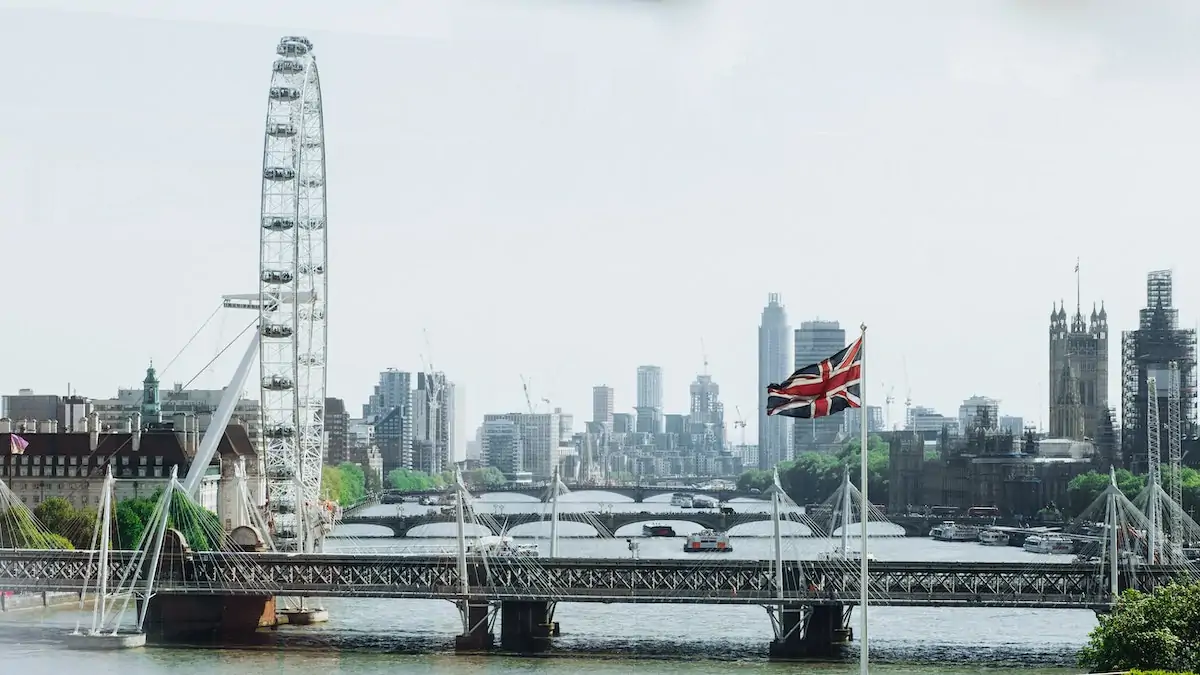
Time ticks on toward the self assessment tax return deadline
7 Jul 2019Taxpayers can complete their self assessment tax return for the previous tax year from as early as 6 April, but many choose to wait until after Christmas to fill it in.
Last year, more than 11 million customers completed a 2016 to 2017 self assessment tax return, with 10.7 million completing on time. There were 4,852,744 customers who filed in January 2018 (44.8% of the total), and 758,707 on 31 January, the deadline day.
With under 100 days to go before the 2017 to 2018 self assessment deadline on January 31st, 2019, taxpayers can complete their tax return in advance, find out how much tax they need to pay, and pay the money owed by the deadline – taking away the stress from around the holiday period.
Despite the deadline approaching pretty quickly, many of us wait until January to start the process. Time flies once the festive period is underway, yet the niggle to file your tax return remains.
In fact, every year over a quarter of people due to file a self assessment tax return complete it in the final 4 days before the 31st January deadline, with over 5% of returns being filed in the final 24 hours.
Preparing your tax return in the run up to Christmas and the New Year can be a daunting task. Luckily, our accountants are on hand to make the process a smooth one - get in touch with us today to talk about completing your self assessment and avoiding unwanted fines after the busy festive season.
Know your position
What some people tend to forget is the deadline for filing your tax return is also the same deadline for payment.
Filing your tax return earlier will mean that you are aware of the amount of any balancing payment and any payment on account due on January 31st, 2019. Therefore, you can plan cash flow and ensure Christmas spending doesn’t leave you short come deadline day.
Use your PAYE code
If your balancing tax liability is less than £3,000 and you pay the majority of your taxes via PAYE, you can elect to have the underpayment collected through your PAYE code in a later year.
This will also ensure you do not need to make payments on account, again helping cash flow.
Avoid unwanted attention
It is a well-known fact that tax returns prepared at the last minute are often prepared in haste and more likely to contain errors.
Despite what some may believe, it is the taxpayer who is liable for errors in tax returns, not their accountant. If a penalty is issued for errors, the taxpayer will be the one to pay it.
*Interest is charged on both unpaid tax and unpaid penalties
Source: www.gov.uk
Furthermore, it is these last minute tax returns which may come under extra scrutiny from HM Revenue & Customs.
Free up time in the New Year for planning
January is the perfect time to step back from your business, to think about what’s working well, and also what you’d like to change.
Visualising a successful year, and sketching out a plan to achieve it, is the most important thing you can do to bring success to your business.
If you have got your self assessment tax return out of the way, you will be able to dedicate time at the start of the year to planning your business success, rather than worrying about tax deadlines.
Whether you’re a sole trader, a small business, or a larger organisation, our team of tax experts have the experience to deliver a solution specifically tailored to meeting your tax needs.
Why not get in touch to see how we can help you?






















